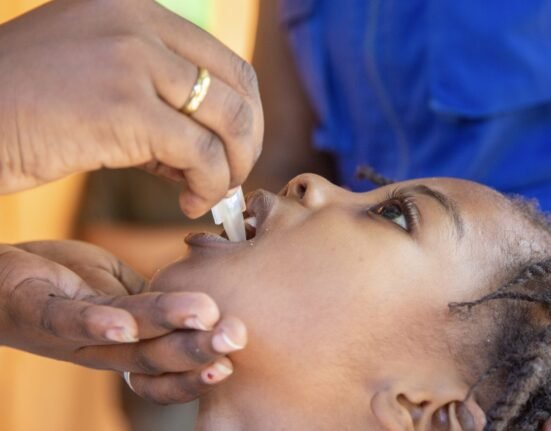HQ Team
February 10, 2023: The deadliest outbreak of cholera in the history of Malawi, a landlocked country in southeastern Africa, has claimed 1,210 lives, according to the WHO.
The disease has been endemic in Malawi since 1998, with seasonal outbreaks reported during the rainy season, November-May.
However, the current outbreak has extended through the dry season, with 36,943 cases already being reported since March 3, 2022, according to a WHO statement.
The Malawi government declared the outbreak a public health emergency on December 5 2022, as rains continued to batter the region. Malawi is registering a consistently high case fatality rate (CFR) above three per cent.
The high fatality rate is stretching “all capacity to respond” to the cholera outbreak, increasing the risk of severe public health impact.
As of February 3, Mangochi district, bordering Lake Malawi, is the most affected area, reporting 6974 cases and 114 deaths (CFR 1.6%).
Vaccine constraint
The outbreak in Malawi is occurring against a backdrop of a surge in cholera outbreaks globally, which has constrained the availability of vaccines, tests, and treatments.
With a sharp increase in cases seen over the last month, fears are that the outbreak will continue to worsen without solid interventions.
The current outbreak started in March 2022 in Machinga district following tropical storm Ana (January 2022) and Cyclone Gombe (March 2022), which caused floods leading to the displacement of a population with low pre-existing immunity and had lack of access to safe water, sanitation, and hygiene.
The outbreak was mainly limited to the flood-affected areas in the southern region until August 2022, when it spread to the northern and central parts of the country.
Since December 2022, cases have spread back towards the country’s south, with all regions affected, including Blantyre and Lilongwe, the country’s two main cities.
Previously, the largest outbreak in Malawi occurred from October 2001 to April 2002 and affected 26 of the 29 districts, with 33 546 cases and 968 deaths —- a CFR rate of three per cent.
Safe drinking water
Cholera is an acute enteric infection caused by ingesting the bacteria Vibrio cholerae present in contaminated water or food. It is mainly linked to inadequate sanitation and insufficient access to safe drinking water.
It is a highly virulent disease that can cause severe acute watery diarrhoea resulting in high morbidity and mortality and can spread rapidly, depending on the frequency of exposure, the exposed population and the setting.
Cholera affects children and adults and, in its severe form, can be fatal within hours if untreated.
The incubation period is between 12 hours and five days after ingestion of contaminated food or water. Most people infected with V. cholerae do not develop any symptoms. However, the bacteria are present in their faeces for 1-10 days after infection and are shed back into the environment, potentially infecting other people.
Cholera is an easily treatable disease. Most people can be treated successfully through prompt administration of oral rehydration solution (ORS), and successful rehydration therapy can keep the CFR below one per cent.
The consequences of a humanitarian crisis — such as disruption of water and sanitation systems or the displacement of populations towards inadequate and overcrowded camps – can increase the risk of cholera transmission, should the bacteria be present or introduced.
Multi-sectoral approach
A multi-sectoral approach, including a combination of surveillance, water, sanitation and hygiene (WASH), social mobilization, treatment, and oral cholera vaccines, is essential to control cholera outbreaks and reduce deaths.
Cholera is endemic in Malawi, with seasonal outbreaks occurring during the wet season. The first major outbreak occurred in 1998 and was widespread in the Southern Region, with 25 000 cases reported. Before the current attack,
Confirmed cases have been reported across the border in Mozambique, and the risk for cross-border transmission between Malawi and Mozambique remains high during the current outbreak.
WHO urged Malawi and its neighbouring countries to ensure cooperation and regular information sharing so that any spread across the border was quickly contained.








